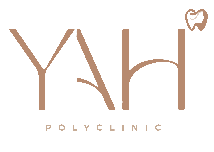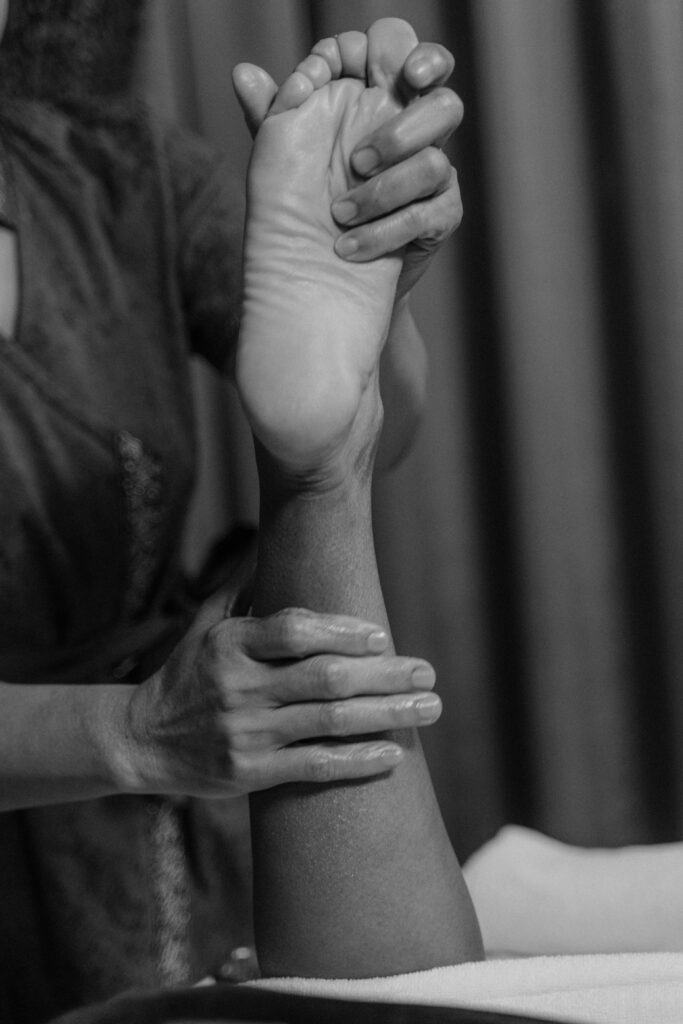Understanding the Real Healthcare Costs for Non-Residents in Dubai (2025)
Dubai offers world-class medical services, but the costs can be significant for non-residents without adequate insurance. Understanding pricing structures and coverage options is essential to avoid financial surprises while accessing healthcare services.
Private Hospital Rates and Fee Structures
Private hospitals in Dubai follow tiered pricing models based on facility reputation and treatment complexity. Consultation fees range from AED 250–800, while diagnostic tests like MRIs or blood panels can cost between AED 500–3000 depending on the facility and urgency.
Basic Insurance Plans vs. Out-of-Pocket Expenses
The Essential Benefits Plan (EBP)—mandatory for certain expats—offers basic coverage but may not fully cover specialist consultations, advanced diagnostics, or elective surgeries. Without a comprehensive plan, out-of-pocket payments can escalate quickly, especially for chronic or emergency treatments.
Annual Coverage vs. Payments
Most insurance plans in Dubai provide annual coverage limits ranging from AED 150,000 to AED 1 million. Once these limits are exceeded, patients must pay from their own funds. It’s vital to assess past medical expenses and choose a plan that suits your health profile.
Are Essential Plans Worth It?
Essential plans are budget-friendly and meet basic governmental requirements. While suitable for healthy individuals or minimal medical users, they are limited in network selection and services. For peace of mind and broader access, consider enhanced or premium plans.
Emergency Care Costs at Private Facilities
Typical Emergency Visit Fees
Emergency services can cost between AED 500–3000 depending on treatment urgency and facility. Ambulance services, especially private, add AED 600 or more. Without insurance, these expenses quickly multiply with diagnostics and inpatient stays.
Insurance Coverage Impact
Insurance may reduce emergency treatment expenses significantly; however, private hospital emergency fees might still require partial payment. Know your plan’s network and co-pay terms before emergencies arise.
Hidden Cost Considerations
Extra costs such as administrative fees, off-formulary drugs, after-hours consultation surcharges, and non-covered treatments are often overlooked. Always request itemized billing to confirm all charges and verify coverage limits.
Consultation Fees and Treatment Charges
GP visits range from AED 200–500, while specialist consultations may start at AED 400 and exceed AED 1000. Procedures like endoscopies, minor surgeries, or physiotherapy sessions incur additional charges often partially covered by insurance.
Health Card and Annual Requirements
While government health cards are optional for non-residents, they can offer access to subsidized care in public facilities. The card typically costs AED 320 annually. However, most non-residents rely on private healthcare and insurance due to better access and shorter wait times.
Premium Insurance Options for Comprehensive Coverage
Premium policies offer wider hospital networks, higher annual coverage, and lesser co-payments. They often include maternity care, dental coverage, physiotherapy, and mental health services, making them a valuable investment for individuals or families with ongoing health needs.
Medication Expenses and Prescription Coverage
Prescription Co-Pay Structures
Common co-pay structures range from 10–30% of medicine costs. Some insurers offer complete coverage for generic drugs, while branded medications may require additional out-of-pocket payments.
Drug Price Comparison Guide
Pharmacies in Dubai follow regulated pricing, but costs may vary slightly between public and private outlets. Imported or rare medications often carry a higher price tag. When possible, opt for approved generic alternatives to reduce costs.
Preventive Care and Wellness Check Pricing
Preventive services like annual checkups, vaccination packages, or routine screenings may not be covered under basic plans. Without insurance, expect to pay AED 1000–3000 depending on the comprehensiveness of tests and the facility’s prestige.
Hospital Stay Charges and Co-Payment Details
Inpatient admission to private hospitals includes charges for room rates (AED 1000–6000/day), treatments, nursing, IVs, and diagnostics. Insurance plans may cover 70–90% depending on policy terms, requiring the patient to handle co-payments and non-covered services.
Chronic Disease Management Expenses
Conditions like diabetes, hypertension, or thyroid issues require repeated diagnostics and medications. Under limited plans, recurring costs may become burdensome. Premium plans are better aligned for long-term management due to inclusive checks and specialist consultations.
Accessing Mental Health Services in Dubai
Counseling and therapy services are increasingly available in Dubai, though not consistently covered under basic plans. Sessions average AED 400–800. Premium plans may offer partial or full coverage if within-network therapists are chosen.
Coverage for Dental, Vaccinations, and Alternative Medicine
Dental treatment is not usually included in essential insurance plans. Services like cleanings or fillings start at AED 250 per session. Children’s vaccinations are partly covered in some plans. Alternative medicine, including acupuncture, may be excluded or offered under wellness riders in premium plans.
Healthcare Job and Licensing Insights for Professionals
How Much Does a Healthcare Consultant Earn in Dubai (2025)?
Healthcare consultants can earn AED 25,000–45,000 per month in 2025 depending on qualifications, experience, and the institution. Demand is high due to continued medical tourism and system innovation.
Importance of Having a Healthcare License
All professionals must be licensed under Dubai Health Authority (DHA) to legally practice. The licensing ensures standards, ethical compliance, and system integrity.
How to Obtain a Healthcare License in Dubai
Applicants must validate credentials, pass exams, and submit experience records through DHA’s portal. The entire process takes approximately 3–6 months depending on the specialization.
Dubai Healthcare License Verification Process
This involves document attestation, qualification checks, and identity verification steps. A 10-stage process ensures international healthcare professionals meet Dubai’s high-quality standards.
Easiest Healthcare Licenses to Get
General physicians and nurses often have a streamlined licensing path due to their high demand, while specialist licensing may involve more rigorous evaluations and documentation.
Types of Medical Jobs in Dubai (2025)
Professions in demand include nurses, radiologists, physiotherapists, dentists, and medical administrators. The UAE’s healthcare sector continues to expand, increasing job opportunities across hospital systems.
Polyclinic vs. Standard Clinics: What’s Better for You?
Polyclinics offer multi-specialty services under one roof, ideal for family care or multi-condition management. Regular clinics are suitable for simple consults or GP visits. Costs are typically comparable, though polyclinics may bundle diagnostics or treatments for value.
FAQs
Are dental treatments covered for non-residents under basic insurance?
Most basic plans do not include dental coverage. Premium insurance may offer it as an add-on.
How long does it take to process a health insurance claim in Dubai?
Claims are usually processed within 7 to 21 working days, depending on the insurer and completeness of documents.
Can non-residents access mental health care in Dubai?
Yes, mental health care is accessible, but coverage under insurance varies. Premium plans offer better support for this service.
Are alternative medicine treatments like acupuncture covered?
Some premium plans may offer partial coverage for alternative therapies, but basic plans rarely include these services.
What vaccinations are covered in children’s plans?
Government-mandated childhood vaccinations may be covered. Check your insurance documents for inclusions.





